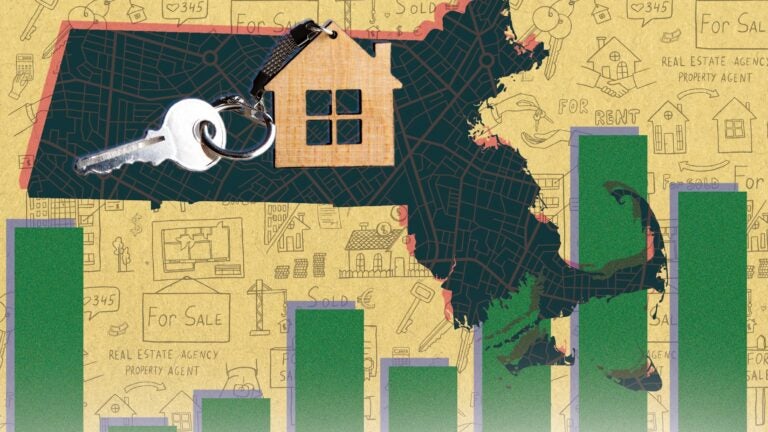T
he American housing market is fraught with hidden dangers, and one of the most insidious threats is real estate wire fraud. This type of cybercrime has been on the rise in recent years, with annual losses increasing fiftyfold from $9 million to a staggering $446 million, according to the FBI's Internet Crime Complaint Center (IC3). The problem is particularly acute for first-time homebuyers and sellers, who are often unaware of the risks involved.
A recent survey conducted by CertifID found that nearly 1 in 20 consumers fall victim to wire fraud during a real estate transaction. What's more alarming is that over 1 in 4 consumers are targeted with suspicious or deceptive messages, highlighting the need for greater awareness and education about this type of cybercrime.
The survey also revealed some disturbing trends. For instance, only 47% of consumers were informed about the risks of wire fraud by their real estate professionals at the start of the process. This lack of education is particularly concerning given that nearly 80% of consumers are willing to pay more to work with real estate providers who prioritize their security from wire fraud.
The data also shows that consumer awareness and victim rates vary significantly state to state, with Massachusetts, Florida, New York, Michigan, and South Carolina having the highest rates of consumers who fall victim to wire fraud. On the other hand, Alabama, Tennessee, Oklahoma, Mississippi, and Massachusetts are among the top five states that most often educate consumers about wire fraud from the start.
Experience also plays a significant role in determining consumer vulnerability to wire fraud. First-time buyers and sellers are three times more likely to become victims of wire fraud during the closing process compared to seasoned buyers and sellers. This highlights the need for real estate agents to prioritize educating first-time buyers and sellers about the risks involved.
Age is another factor that influences consumer awareness and vulnerability to wire fraud. Older Americans, in particular, have a notable lack of cyber awareness, with 18% or higher being unaware of the risks before entering the real estate market. This emphasizes the need for targeted education and prevention strategies to protect older consumers from this type of cybercrime.
Ultimately, the onus is on real estate professionals, title companies, lawyers, and banks to prioritize consumer safety and security in the face of rising wire fraud threats. By providing regular education and awareness about the risks involved, these stakeholders can help prevent victims and ensure a smoother closing process for all parties involved.













